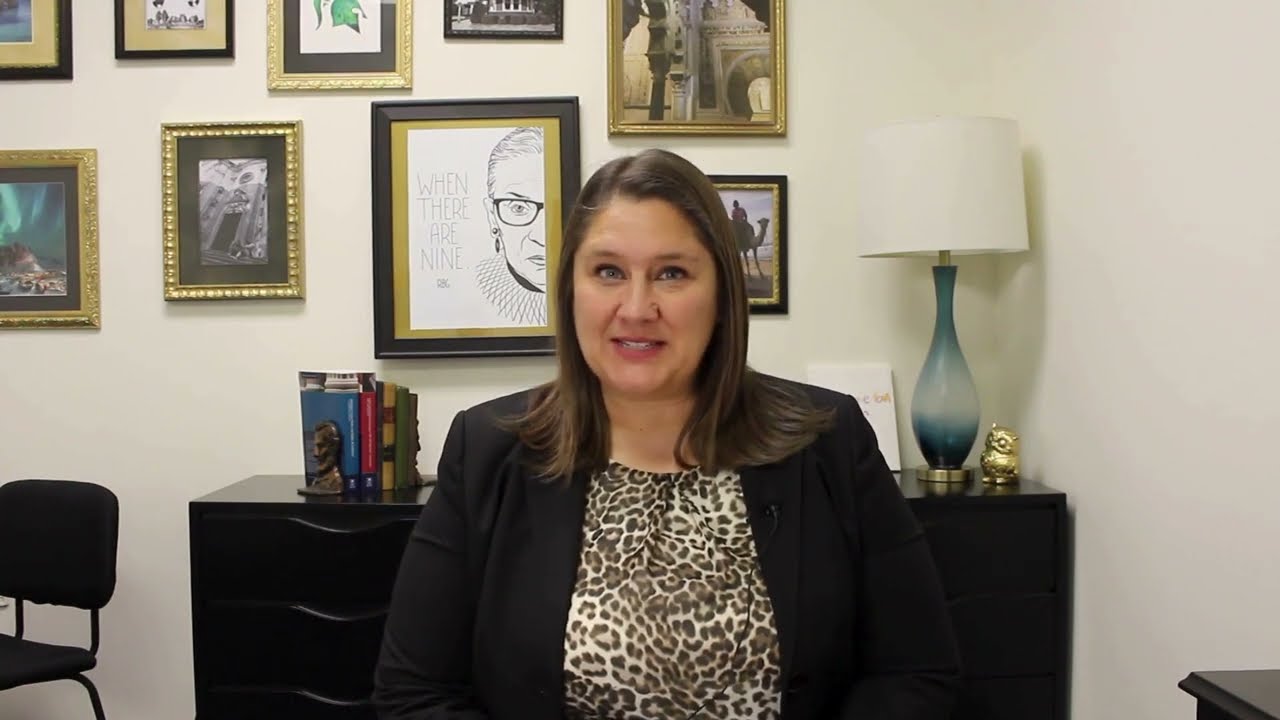The top question we think you should ask an attorney before working with them on estate planning is: “How much of your practice is devoted to probate and estate planning?” At our office, the answer to that is 100%. It’s all we do. In Michigan, if you have a law license you are technically allowed to write a will for someone. But what we do is so much more than that – and often, a will alone is not what the client needs to get them to their objective.
What is the #1 question you should ask an estate planning attorney?
Why isn’t a will enough?
A will is not enough for 2 main reasons:
- #1: A will does not provide you with probate avoidance at your death. So a will is actually intended for probate court. You can look at it like a letter of instructions to the probate judge.
- #2: A will does nothing for you or your family to keep you out of probate during your incapacity or injury. Let’s say you’re starting to suffer from dementia or you’re laid up in a hospital bed for some reason and you need assistance making decisions or handling your affairs. In this case, your family is going to be forced to go down to probate court and have a judge choose who should be making decisions for you – instead of you nominating that person now.
What should we consider in addition to a will?
In addition to a will, some of the key documents we want people to consider include:
- Deeds: In Michigan, we have a special type that operates sort of like a beneficiary designation on your bank account, where you can have your real estate transfer immediately upon your death to your intended recipient without having to go through probate.
- Powers of attorney: These are documents that allow you to nominate someone to make healthcare or financial decisions for you in the event that you lose capacity, are injured, or have a sudden illness – rather than leaving it up to your probate judge.
- Trust: This is a very important document that gives you more protection than a will and allows for the protection of property for the benefit of young people who will be benefiting from your estate who are not old enough yet to manage that money wisely for themselves.
What is a trust?
A trust is a really important document that allows you to nominate who you want in charge of distributing your assets and how you wants your assets disposed of. A trust gives you a lot more flexibility and protection than a will does.
For instance, if someone inherits under your will when they’re 18 years old, they’ll get a check for the whole amount right then. With a trust, you’ll be able to stretch that money out over time until that person reaches a certain age. Before that, the money can be used for their benefit (i.e., college tuition).
Why do young families need an estate plan?
We also encourage young families to look into the estate planning process. Even though you may not be particularly concerned about health issues at this point in your life, it’s vital to get a plan in order to keep your family protected – no matter what the future may hold.
Can a relative or family friend who did not even attend the funeral still inherit?
The short answer is yes, they can. This typically depends on whether the person passed away with an estate plan in place, but the funeral does not dictate whether someone is able to inherit.
What happens if a family claims not to know someone listed as a recipient of inheritance?
There are all kinds of reasons someone might not know another family member – whether due to a rift in the family, or simple geographical or generational differences. But not knowing someone does not impact a person’s right to inherit. If the family member is entitled to inheritance under the laws of Michigan by blood relations, then they’re going to get an equal share as much as other people in their same position.
Can my sibling still benefit from the inheritance if they did not help take care of our parents before they passed?
All these types of cases are situational, but if there was an estate plan in place, the siblings will all inherit according to what was laid out in that plan. If there was no plan in place, there’s still a possibility the sibling could benefit from the inheritance if your family’s case goes through probate.
My step-parent is trying to take all of my parent’s money and assets. What can I do?
In these situations, we try to gently remind people that even if you don’t have a great relationship with your step-parent, your parent chose this person to have a relationship with and put them into a position of legal standing in their life. Therefore, the step-parent has certain rights.
If their assets were jointly owned, for example, then the surviving step-parent will keep those assets. In the state of Michigan, your step-parent may also be entitled to the bulk of your parent’s estate just by their standing as a spouse, as well.
What do I do if my parent wrote their will or deed while suffering from dementia?
Dementia does not necessarily preclude someone from being able to sign an estate document. Our job as attorneys is to determine whether a person has the ability to sign these documents when they’re being created.
Is there a “reading of the will” in Michigan?
Real life is not like what you see on TV. In many movies and TV shows, the lawyer hosts a “reading of the will” that includes surprising reveals for the people in the room. In reality, people typically find out the details of a will by receiving a copy of the will from someone who has it or receiving it in the mail when you’re sent documents to open the probate estate.
Do I have to attend court and get on the witness stand?
Unlike in the movies, the answer is almost always no. In the rare circumstances that something is required in court, we are here for you to handle every step of this process – including appearing on your behalf for any hearing.
”“A colleague of mine was in a desperate legal situation with his family, and Julie jumped in to help. She even visited them at the hospital to make sure their paperwork was in order.”
~ Carolyn











